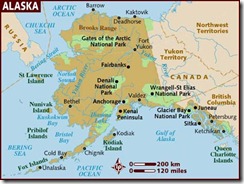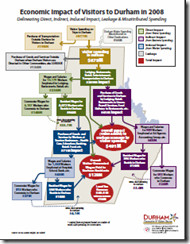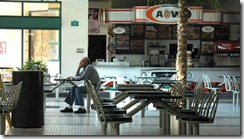Funny how small acts of kindness can have a significant impact on your life. I’m indebted to a 30 year friendship.
Just out of his teens, Rolf Klug emigrated to Canada from Germany after WWII. He had spent the war in the countryside with relatives watching the sky light up when his home town of Koeln (then aka Cologne) was bombed.
He made his way across Canada to Whitehorse in the Yukon Territory and started a VW dealership just as VW was taking off on this continent and back when VW also carried Porsches.
He sold that and moved across the border to Anchorage, Alaska to build an AVIS car rental franchise and that’s where I met him. He was a decade older and vice chairman of the board of the Anchorage Convention & Visitors Bureau and on the interview team when I was recruited just as I was turning 30, to go there in 1978 from Spokane WA.
My early years in Anchorage were times of nationwide double digit inflation, double digit mortgage rates and back then, at least in Alaska, salaries were trying to keep pace. One of the cool things about natural resource-rich Alaska, at least then, was the the even greater value placed on people and ideas as a resource. 
Rolf volunteered an idea to me a year or two later that 30 years later is impacting each and every day of my life. He advised me to take every annual increase in compensation and to begin deferring it for retirement. Equally remarkable I immediately acted on that advice.
All through my 20’s I had spent everything I earned with the exception of buying a modest life insurance policy every other year or so. Rolf’s advice seemed painless. If I never saw the raises, I wouldn’t spend them.
Later in that decade, deferred options like that were standardized into 457 plans. I kept on deferring right up to the maximum permitted. I’d kid with the accountant each year that no matter what increases were earned, my take-home never budged for decades.
Of course, I also contributed to the state retirement system when I came to Durham so I was saving maybe 25% or more of my compensation overall for quite a few years.
Another friend gave me sage advice a few years ago to put half of the deferred savings into a guaranteed annuity. I did and thank goodness. Even though my deferred savings have recovered fully with the market, half of those funds weren’t touched and will remain stable as the remainder continues to grow but with ups and downs.
So when I read how few people are preparing for retirement. I don’t feel smug. With great empathy, I am grateful for the sage advice of some good friends.
And it probably wasn’t easy, even though he he is a decade older than I was, for Rolf to give me advice, especially personal financial advice. But he did and if he hadn’t I’m not sure where I’d be but I sure wouldn’t be reinventing myself for the next phase of life.
Sooooo… if you’re in your 20’s and 30’s, you may want to take Rolf’s advice too. Believe me, if you start deferring any raises, no matter how modest, you won’t miss it.
And Rolf?
We’ve remained friends and keep in touch. He went on to build a cruise business in Hawaii and initiated Holland America’s extremely successful international marketing. Also retired, Rolf has lived in Bellevue WA for many years now so we connect either via email or in person when I’m in the Puget Sound area visiting my Mom and Sisters.
I’m obviously very indebted to him.


































